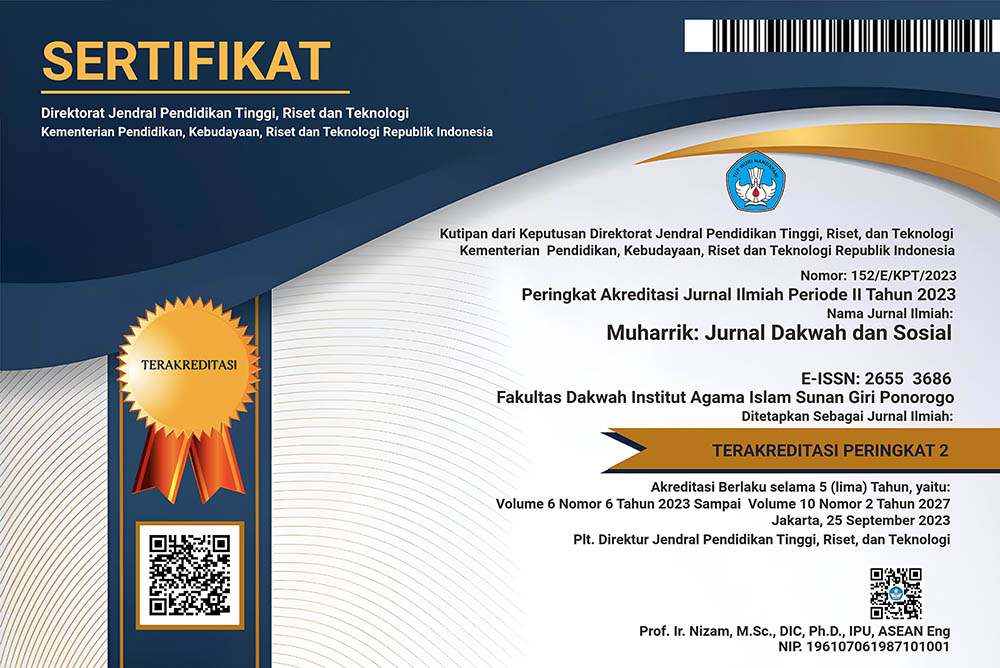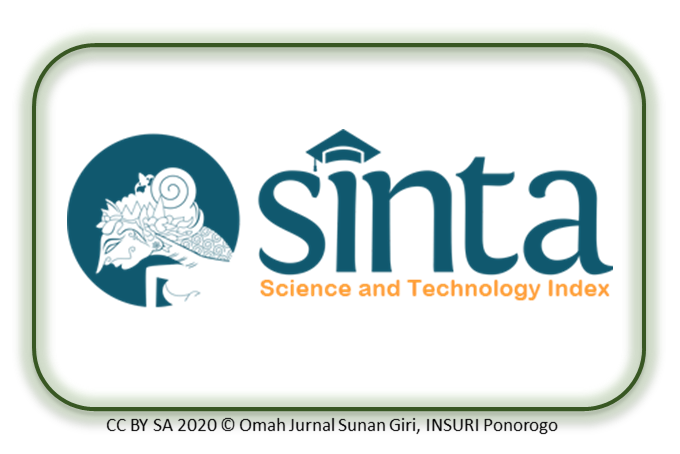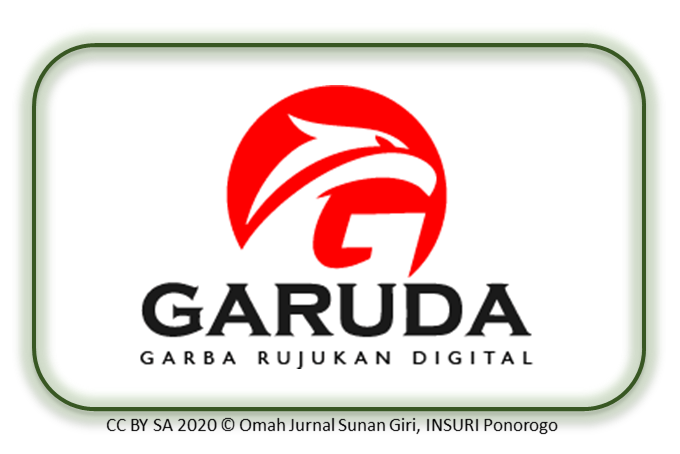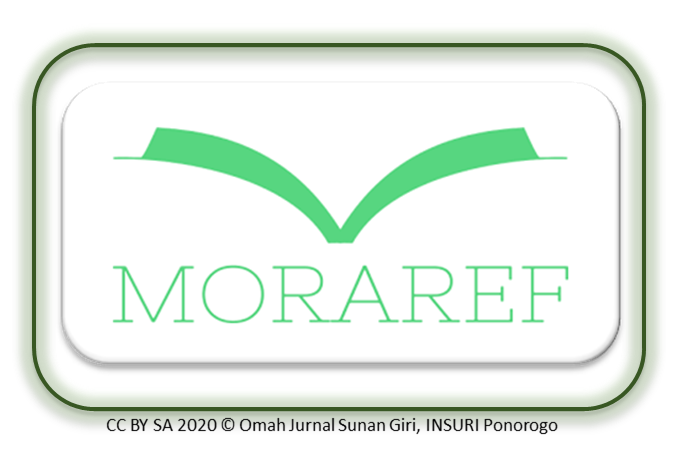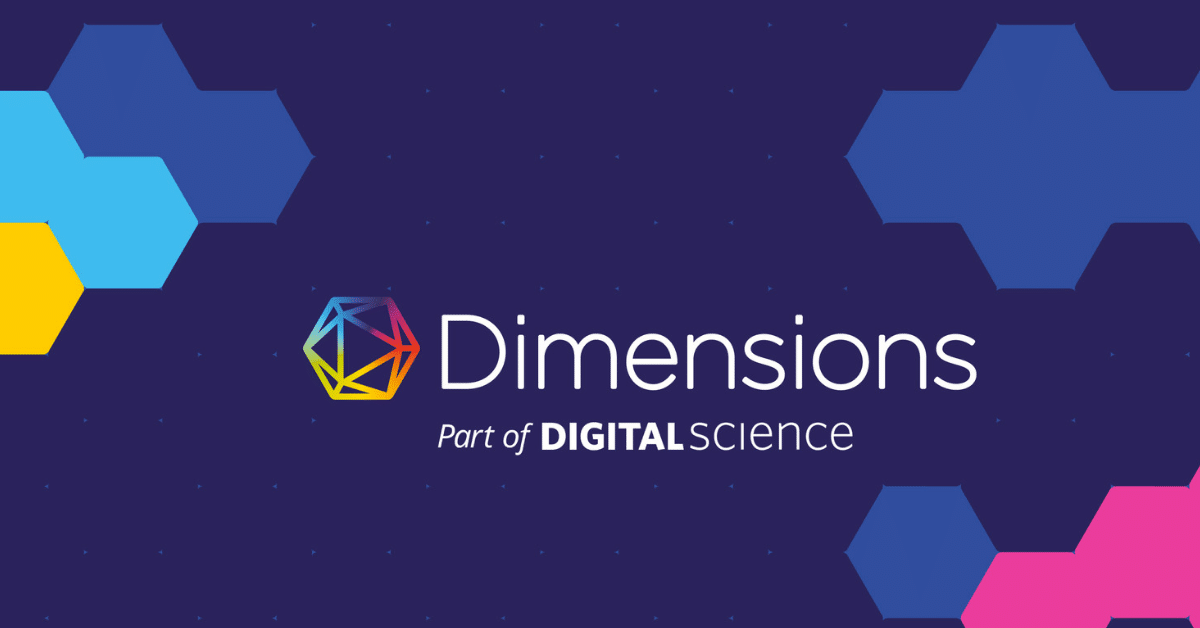Tourism Development Based on Religious Moderation in the Lake Toba Region Perspective of Communication Persuasion and Social Influence
Keywords:
Tourisme, Religious Moderation, Lake TobaAbstract
Domestic tourist objects which are considered to have attractive potential are visited by many Muslim tourists both from within and outside the country, but in reality these tourist objects pay little attention to the comfort of Muslim tourists. Visiting Lake Toba tourist destinations for Muslim tourists is not only about natural beauty, but also about halal food and comfortable places of worship. Halal tourism continues to be an interesting issue to discuss because it is a vital issue for the life of Muslims. It is very risky for Muslims when a tourist destination does not provide comfort regarding the issue of halal food and the availability of places of worship. This paper reviews the concept of religious moderation tourism which can be interpreted as the availability and fulfillment of the needs of Muslims and tourist destinations such as halal food that is not mixed with unclean food, proper places of worship, and various other facilities that are the needs of Muslims. The approach used in this study is a qualitative approach. Data were obtained by conducting interviews with tourism managers, community leaders, the Head of the Culture and Tourism Office, tourism observers and the community. The concept of moderating religious tourism in the Lake Toba area is already underway, such as hotels serving halal food cooked by Muslim workers, providing prayer rooms. However, what has not been seen is the certainty of food halalness with the existence of a halal certificate issued by the competent authority. The facts obtained in the Lake Toba area did not play much of a role in changing the attitudes and behavior of local residents to become more moderate towards foreign Muslim tourists.
References
Habibi, M. (2018). Optimalisasi Dakwah Melalui Media Sosial Di Era Milenial. Al-Hikmah: Jurnal Dakwah, 12(1), 101-116.
Nasrullah, Rulli. (2017). Media Sosial : Perspektif Komunikasi, Budaya, dan Sosioteknologi. Bandung: Remaja Rosdakarya.
Qodariah, S., dkk. (2018). Hubungan self-control dengan murū’ah pada anggota Gerakan Pemuda Hijrah di Masjid TSM Bandung. Jurnal Psikologi Islam, 4(2), hlm. 205-212.
Rubawati, E. (2018). Media Baru: Tantangan dan Peluang Dakwah. Jurnal Studi Komunikasi. Vol. 2 No. 1. 126-142.
Said, M. (2019). Rekontekstualisasi Pemikiran Islam Dalam Manhaj Ushul Fiqh Hassan Hanafi. Muharrik: Jurnal Dakwah Dan Sosial, 2(01), 1-14.
Sarbani, A. (2010). Paradigma Baru Pemikiran Dakwah Islam. Jurnal Ilmu Dakwah Vol. 4 No. 15. 879-896.
Suryadi, A. (2019). Model Dakwah Kirun Melalui Media Pertunjukan Seni Opera Campur Santri Di Desa Bulu, Sambit, Ponorogo. Muharrik: Jurnal Dakwah Dan Sosial, 2, 99-114.
Ummah, A. H. (2020). Dakwah Digital dan Generasi Milenial (Menelisik Strategi Dakwah Komunitas Arus Informasi Santri Nusantara). Tasamuh: Dakwah dan Komunikasi. Volume 18, No. 1. 54-78.
Wibowo, A. (2019). Penggunaan Media Sosial Sebagai Trend Media Dakwah Pendidikan Islam di Era Digital. Jurnal Islam Nusantara. Vol.3 no 2. 339-356.
Zuhdi, M. H. (2017). Dakwah Dan Dialektika Akulturasi Budaya. Religia,15(1). 46-64.
Downloads
Published
Issue
Section
License
The author(s) retain/s the copyright and grant/s Muharrik: Jurnal Dakwah dan Sosial the first publication rights licensed under the Creative Commons Attribution-NonCommercial 4.0 International (CC BY-NC 4.0) , which allows others to access (search, read, download and quote), share (copy and redistribute the material in any media or format) and adapt (mix, modify and develop) works for legitimate non-commercial purposes, with recognition of the authorship of the work and its initial publication in this journal.


